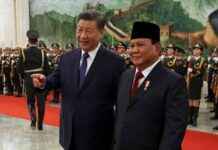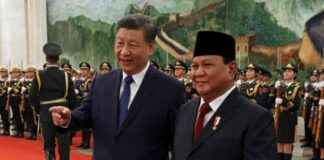Independent experts have expressed their deep concern over the recent dissolution of the Move Forward Party in Thailand by the Constitutional Court on 7 August. They are disappointed by the use of the lèse-majesté law to silence the party, which had won the largest number of seats in the last general election.
The Move Forward Party had pledged to reform Article 112 of the Thai Criminal Code, which criminalizes insults against the monarchy and has been criticized by various United Nations human rights bodies. The experts believe that proposing legislative reforms and engaging in debates on public issues are essential aspects of a democracy, and no political party should be dissolved for exercising its legitimate role in society.
The experts argue that the Move Forward Party’s efforts to reform Article 112 were in line with Thailand’s international human rights obligations. They criticize the Constitutional Court for punishing parliamentarians who were seeking to uphold international law through peaceful means.
The dissolution of the Move Forward Party follows a similar fate faced by the Future Forward Party in 2020. The experts fear that the disenfranchisement of millions of voters may result from these actions.
They emphasize that Article 112 of Thailand’s Criminal Code is outdated and incompatible with international law. They urge the Thai government to review the law and ensure that there is a diverse and open political space for debates on all public interest issues.
The experts are engaging with the Thai government on this matter to address their concerns and advocate for the protection of democratic principles in Thailand. They stress that political debates, even on sensitive topics, are crucial for a democratic society and should not be equated with violence or sedition.
In conclusion, the experts call for the preservation of political space for discussions and reforms in Thailand, and they urge the government to uphold international human rights standards in its legal and political practices. They stand by the importance of ensuring that all voices are heard in the democratic process and that peaceful efforts to reform laws are supported rather than suppressed.




















